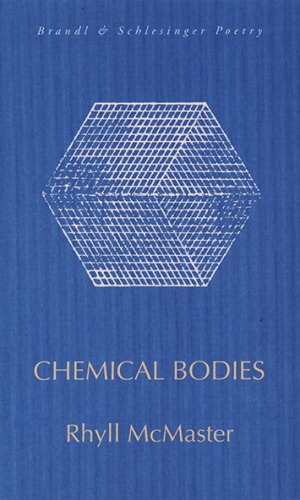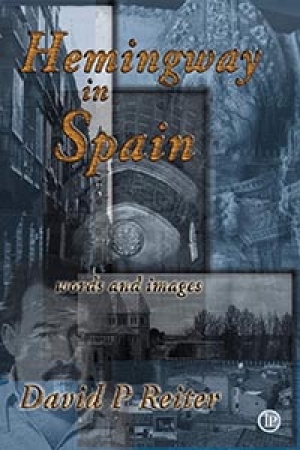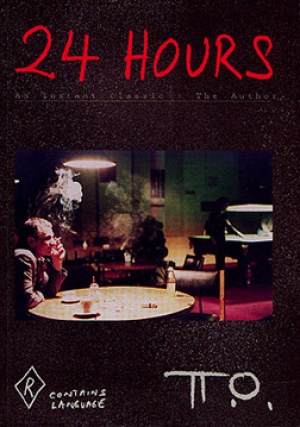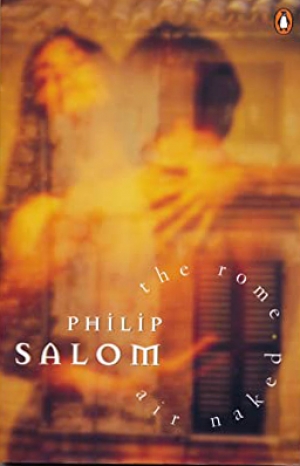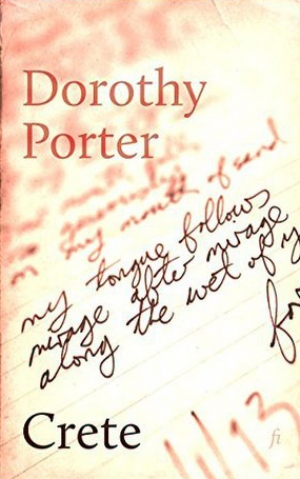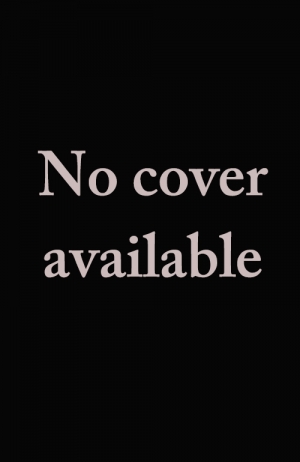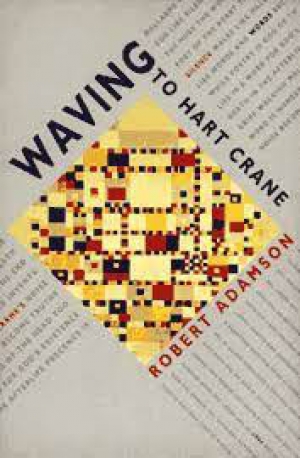Poetry
Robert Adamson reviews 'Salt', Volume 10 edited by John Kinsella
When a poet reviews a poetry magazine, it can be like walking out over a virtual minefield. I have a few more books to write before they take me out, so let me say straight away, I come in peace. These are cynical times, so maybe nobody will be taken in by this tone. After all, Salt is published and edited by John Kinsella, a highly successful poet who has established himself in record time. Let’s face it, this is poetry as strategy. As Hilary McPhee pointed out, the literary community in this country can be particularly vicious, and if anyone tries to hose that down they are having themselves on – the response McPhee got in relation to what she actually said proves the point really. It doesn’t have to be bland and polite though. There has been a lot of talk about the careerist approach to poetry lately. Ramona Koval noted at the first National Poetry Festival in Melbourne recently that some American poets have taken on this ‘professionalisation’ of poetry even down to their ‘Brooks Brothers suits and leather satchels’. Fay Zwicky replied, ‘I think careerism in poetry is contrary to how a poem comes into existence in the first place.’
... (read more)Jennifer Strauss reviews 'Chemical Bodies' by Rhyll McMaster
There are two reasons for celebrating this chastely elegant slim volume. One is the arrival of a publisher prepared, when major firms are retreating from the field, to declare that poetry is central to a flourishing literary culture, and to match that declaration by commitment to a new series, Brandl & Schlesinger Poetry. The other is the appearance of a new and striking collection from that fine poet Rhyll McMaster.
... (read more)Bev Braune reviews 'Hemingway in Spain and Selected Poems' by David P. Reiter
David Reiter’s fourth book, Hemingway in Spain and Selected Poems, opens with the selected work followed by poems that may prove difficult for those who find the sparing endnotes insufficient to enlighten them on Reiter’s subtleties, but often exciting for Hemingway aficionados.
... (read more)This is not another ‘slim volume’ of poetry; no way would it fit in a coat pocket. Ten years in the writing, weighing in at 740 pages, it is a brick of a book – well-bound paperback, heavy covers, designed to last. The poet had full say over not only the content, but the design, typesetting and production, resulting in a book unlike any produced under the nervous economic dictates of mainstream publishers. Six turned this manuscript down. Unsurprised, p.O. published it himself.
... (read more)The publisher’s promotional material which was included with the review copy of Philip Salom’s new poetry collection, The Rome Air Naked, indicated the book would be launched ‘with an innovative exhibition which will use computer technology to extend the written work into an aural, visual and multimedia presentation’. After reading the author’s introduction and then dipping into the poems for the first time, I only wished I could be there, to listen to, and participate in, the promised performance which will combine visual image and sound, animating the poetry, allowing it to breathe off the printed page, to dance freely in space.
... (read more)‘Byron!’, said Max Beerbohm ‘– he would be all forgotten today if he had lived to be a florid old gentleman with iron-grey whiskers, writing very long, very able letters to The Times about the Repeal of the Com Laws.’ As we know, things turned out otherwise, and Byron lives on, in the hallowed phrase, as flash as a rat with a gold tooth.
... (read more)Ivor Indyk reviews poetry by Karen Attard, M.T.C. Cronin, Lisa Jacobson, Peter Minter, Sue L. Nicholls, and Mark Reid
These six poetry titles represent the third series of New Poets to be published by Five Islands Press. Each title runs to exactly thirty two pages – no more, no less. It is, in a sense, a mini-collection, or a semi-collection, midway between a reading and a book. The series as a whole is therefore like a showcase of new talent – you applaud some of the poems, and get impatient with others, much as you do with the poets themselves. This is a good thing – it presents poetry as the provisional affair it really is, most of the time, for poet and reader alike.
... (read more)In his 155-page essay on Australian poetry in The Oxford History of Australian Literature, Vivian Smith modestly makes only one passing reference to his own work, noting that he, with a number of other modern poets, had been influenced by university education.
... (read more)When I started publishing my poems back in the early 1970s, I did so amidst a concern that Australian poetry was being Americanised: Coca-Cola, the pizza parlour, and the rock and rollers’ preoccupation with that thing called ‘lurve’ had swept all that was pure and true into the trashcan of history, and we with our Olsons, O’Haras, and Berrigans were unwitting accomplices to this annulling of our own birthright. My defence at the time would have been, ‘well, we’re taking aboard all that’s repulsive in American culture: their military and economic theses, their particular variety of consumerism, and no-one is protesting much about this – so why do they get so upset when we pick up on something of value from that culture?’ American artists themselves had absorbed things from other cultures without anyone there worrying about it. A great deal of the motivation behind the ‘New York School’ came from the French surrealists, though in translation surrealism had its more harebrained ideological aspects removed painlessly. In fact this ‘translation’ was a model of cultural appropriation, showing what a sea-change (and a change of tongue) can do to some seemingly immutable items.
... (read more)Michelle Griffin reviews 'Waving to Hart Crane' by Robert Adamson
Is Robert Adamson Waving to Hart Crane, or drowning? He is certainly calling for help. In 1930, Hart Crane turned his back on Eliot’s The Waste Land and built The Bridge, a poem ‘to launch into praise’, to span across despair towards some brighter shore. But Adamson does not like what he finds on the other side, ‘No sonnet will survive / the fax on fire’, he warns.
The Clean Dark, the 1990 volume that won several national awards, was Adamson at his most meditative, gliding through his riverscapes like a boat at high tide. This time, Adamson is having an argument; with poetry, with other poets, and even with himself. His verse is peppered with questions, with question marks, and exclamation points. He is a shape changer, who breaks down his lines into new forms from poem to poem, and erases his own syntax as he goes along.
... (read more)
